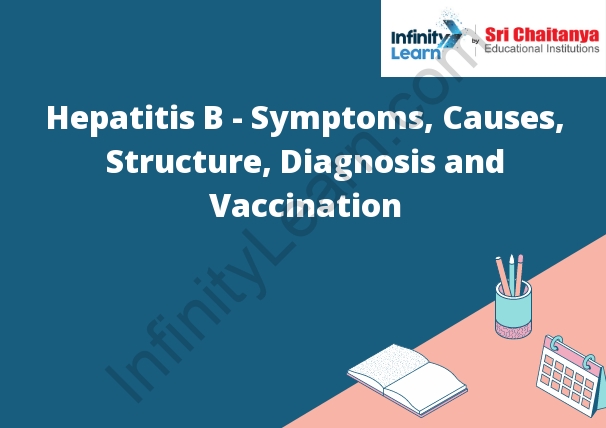Table of Contents
Hepatitis B Definition
Hepatitis B is a virus that affects the liver. It is a serious disease that can lead to death. It is spread through contact with the blood or bodily fluids of an infected person. It can be prevented through vaccination.

Hepatitis B Around the World
Hepatitis B is a serious liver infection caused by the hepatitis B virus (HBV). It is a major global health problem, causing an estimated 1.4 million deaths each year. Most people with hepatitis B don’t know they are infected and don’t feel sick.
HBV is transmitted through contact with blood or other body fluids from an infected person. It can be passed from mother to child during childbirth, and can also be spread through unprotected sex, needle sharing, and contact with infected blood.
There is no cure for hepatitis B, but it can be prevented by getting vaccinated and by practicing safe sex and safe injection practices. Treatment options are available for people who develop the disease.
Hepatitis B is a major global health problem. It is estimated that 1.4 million people die from the disease each year.
The virus is transmitted through contact with blood or other body fluids from an infected person. It can be passed from mother to child during childbirth, and can also be spread through unprotected sex, needle sharing, and contact with infected blood.
There is no cure for hepatitis B, but it can be prevented by getting vaccinated and by practicing safe sex and safe injection practices. Treatment options are available for people who develop the disease.
Signs and Symptoms of a Heart Attack
A heart attack is a medical emergency that occurs when the blood flow to the heart is suddenly blocked. This can happen when a blood clot forms in one of the arteries that supply blood to the heart muscle. When the heart can’t get the oxygen-rich blood it needs, it starts to malfunction. The most common symptoms of a heart attack are chest pain and shortness of breath.
Some people also experience pain in their arms, back, neck, or jaw. The symptoms of a heart attack can vary from person to person. If you experience any of these symptoms, it’s important to seek emergency medical help right away.
Causes
Hepatitis B Virus (HBV) is a serious liver infection caused by the hepatitis B virus. HBV is a bloodborne virus and is most commonly spread through contact with the blood or body fluids of an infected person. HBV can also be spread through unprotected sex and from mother to child during birth.
Some of the common symptoms of hepatitis B include fever, fatigue, loss of appetite, nausea, vomiting, abdominal pain, and jaundice. Hepatitis B can lead to serious health problems, including liver damage, liver cancer, and death.
There is currently no cure for hepatitis B, but there are treatments available that can help to prevent the development of serious health problems. Prevention is the key to controlling hepatitis B and there are several ways to reduce your risk of getting infected, including getting vaccinated, using condoms, and avoiding contact with blood and body fluids.
Structure of Hepatitis B Virus
The hepatitis B virus is a small, enveloped, spherical virus that is about 42 nm in diameter. It has a genome of partially double-stranded DNA that is about 3.2 kb in length. The hepatitis B virus is highly infectious and is spread through contact with blood or other body fluids from an infected person. The virus enters cells by binding to the surface receptor CD81 and then entering the cells through endocytosis. Once inside the cell, the virus uses its own reverse transcriptase enzyme to convert its DNA into RNA, which is then used to make new viruses. The hepatitis B virus is able to persist in the body for long periods of time and can cause chronic hepatitis, liver cancer, and death.
Diagnosis
Hepatitis B Virus is a highly contagious virus that attacks the liver. It is spread through contact with the blood or body fluids of an infected person. The virus can cause inflammation of the liver, leading to hepatitis. Symptoms of hepatitis B include fever, fatigue, nausea, vomiting, and abdominal pain. In some cases, the virus can cause severe liver damage, leading to death.
The diagnosis of hepatitis B virus is based on a combination of symptoms, medical history, and laboratory tests. A blood test can detect the presence of the virus. A liver biopsy may be needed to determine the extent of liver damage.
Treatment for hepatitis B virus infection includes rest, fluids, and medications to relieve symptoms. In some cases, surgery may be needed to remove the damaged liver. In severe cases, a liver transplant may be required.
Prevention of hepatitis B virus infection includes vaccination and good hygiene practices.
Hepatitis B Vaccination
Hepatitis B is a virus that attacks the liver. It can cause lifelong infection, cirrhosis, liver cancer, and death. The hepatitis B vaccine is very effective in preventing hepatitis B. It is given as a series of three shots.









